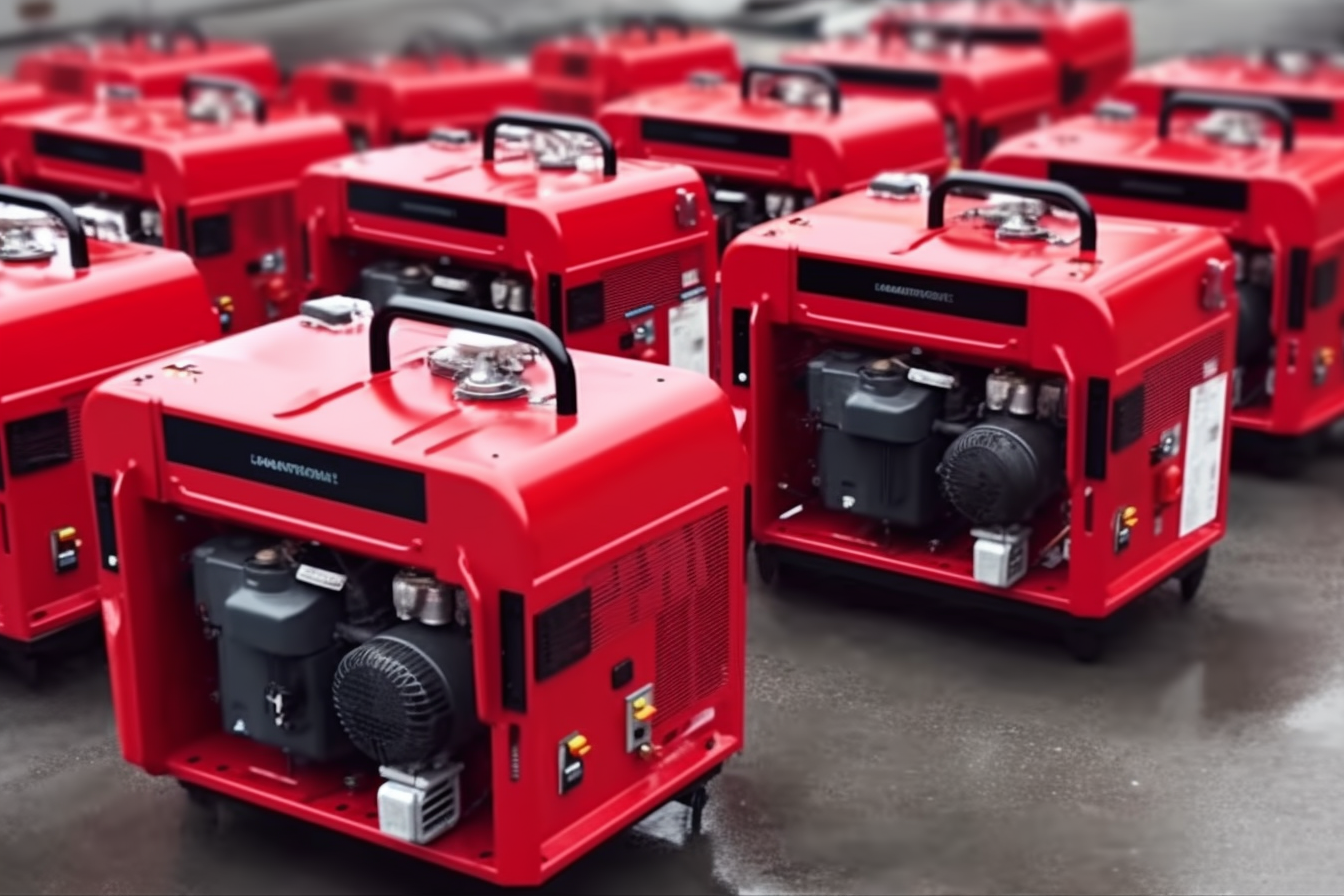Diesel Generators: Powering Reliability in Homes and Businesses
Diesel generators provide reliable backup power for homes, businesses, and construction sites. Known for fuel efficiency and durability, they’re ideal for long runtime needs. Learn how to choose the right size, maintenance tips, and what to consider before buying.

How do diesel generators work?
Diesel generators operate on a straightforward principle. They combine a diesel engine with an electric generator to produce electricity. When activated, the diesel engine burns fuel to create mechanical energy, which is then converted into electrical energy by the generator. This process allows for the continuous production of power as long as there’s a fuel supply. The efficiency of diesel engines makes them particularly suitable for prolonged use, especially in situations where extended power outages are a concern.
What are the advantages of diesel generators?
Diesel generators offer several benefits that make them a popular choice for backup power:
-
Fuel efficiency: Diesel engines are known for their superior fuel efficiency compared to other types of generators, allowing for longer runtimes on a single tank of fuel.
-
Durability: These generators are built to last, with robust components that can withstand heavy use and harsh conditions.
-
Power output: Diesel generators typically provide more power per unit of fuel compared to their gasoline counterparts, making them ideal for high-demand applications.
-
Longevity: With proper maintenance, diesel generators can operate for thousands of hours, providing reliable service for many years.
-
Lower maintenance costs: Despite initial higher costs, diesel generators often require less frequent maintenance over their lifespan.
How do diesel generators compare to gas generators?
When considering backup power options, many consumers find themselves weighing the pros and cons of diesel versus gas generators. Here’s a comparison to help understand the key differences:
| Feature | Diesel Generators | Gas Generators |
|---|---|---|
| Fuel Efficiency | Higher | Lower |
| Initial Cost | Generally higher | Generally lower |
| Lifespan | Longer (up to 30,000 hours) | Shorter (up to 10,000 hours) |
| Maintenance | Less frequent | More frequent |
| Noise Level | Typically louder | Generally quieter |
| Power Output | Higher | Lower |
| Fuel Availability | Less common | More widely available |
| Cold Weather Performance | Better | May have starting issues |
Prices, rates, or cost estimates mentioned in this article are based on the latest available information but may change over time. Independent research is advised before making financial decisions.
What factors influence diesel generator cost?
The cost of a diesel generator can vary significantly based on several factors:
-
Power output: Generators with higher kW ratings are generally more expensive.
-
Brand and quality: Well-known brands with reputations for reliability often command higher prices.
-
Features: Advanced control panels, sound attenuation, and remote monitoring capabilities can increase costs.
-
Installation requirements: Permanent installations may require additional expenses for site preparation and professional setup.
-
Fuel tank capacity: Larger fuel tanks for extended runtime will increase the overall cost.
It’s important to consider both the initial purchase price and long-term operational costs when evaluating diesel generator expenses.
How to choose the right size diesel generator?
Selecting the appropriate size for a diesel generator is crucial to ensure it meets your power needs without unnecessary overspending. Here are steps to determine the right size:
-
Calculate total wattage: List all appliances and equipment you need to power simultaneously and sum their wattage requirements.
-
Consider starting watts: Some devices require extra power to start up. Account for these surge requirements.
-
Factor in future needs: Choose a generator with some extra capacity to accommodate potential future power demands.
-
Consult with professionals: An electrician or generator specialist can help assess your specific needs and recommend an appropriately sized unit.
-
Consider local regulations: Some areas have noise or emissions restrictions that may impact your choice.
What maintenance do diesel generators require?
Regular maintenance is essential to keep a diesel generator running efficiently and extend its lifespan. Key maintenance tasks include:
-
Regular oil and filter changes
-
Fuel system inspections and cleaning
-
Coolant level checks and replacements
-
Battery maintenance and testing
-
Air filter replacements
-
Scheduled professional inspections and tune-ups
Following the manufacturer’s recommended maintenance schedule is crucial for optimal performance and longevity of your diesel generator.
Diesel generators provide a reliable and efficient source of backup power for a wide range of applications. Their fuel efficiency, durability, and long runtime capabilities make them an excellent choice for those seeking dependable power solutions. While the initial cost may be higher than some alternatives, the long-term benefits often outweigh this investment for many users. By carefully considering factors such as power needs, maintenance requirements, and operational costs, individuals and businesses can make informed decisions about incorporating diesel generators into their power management strategies.




